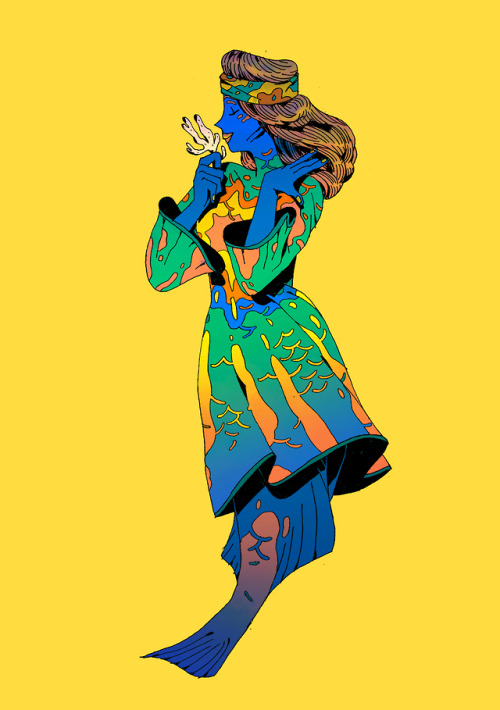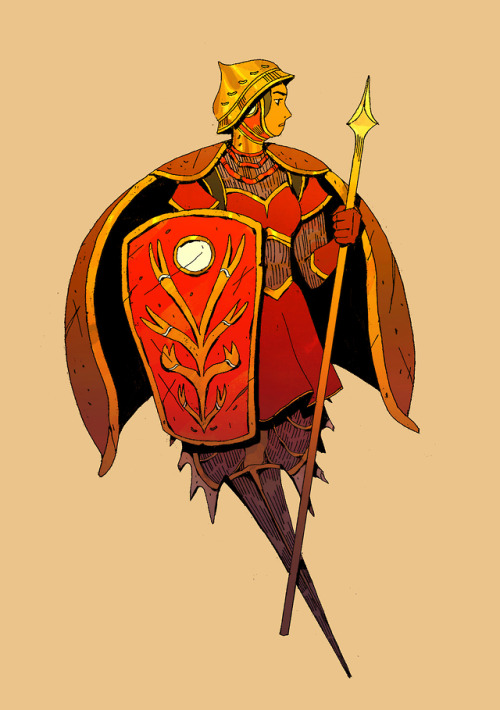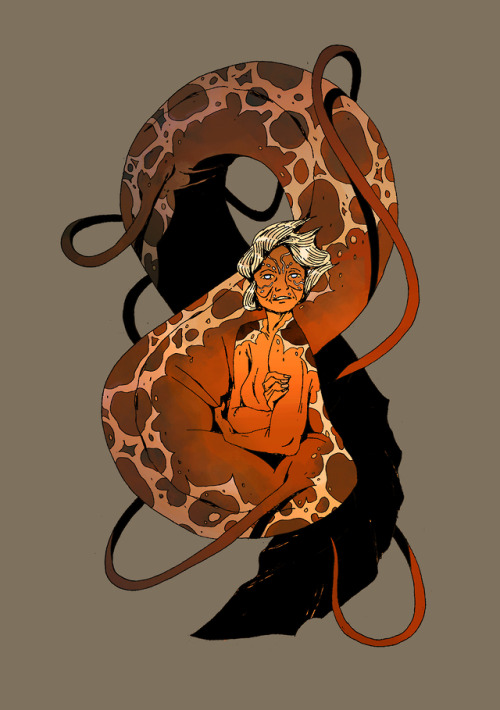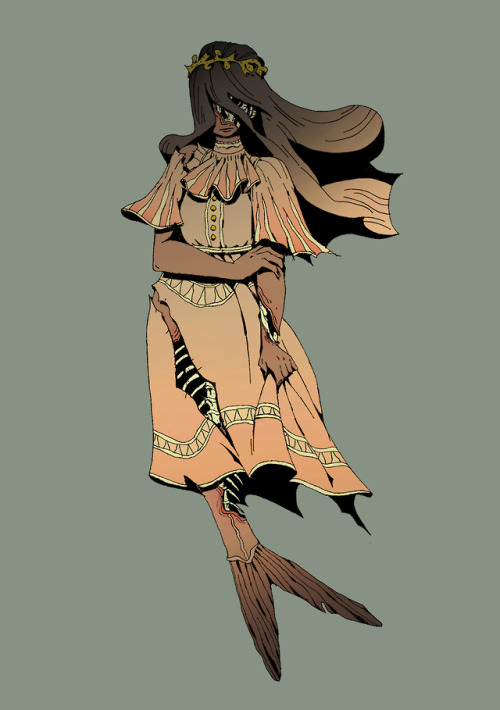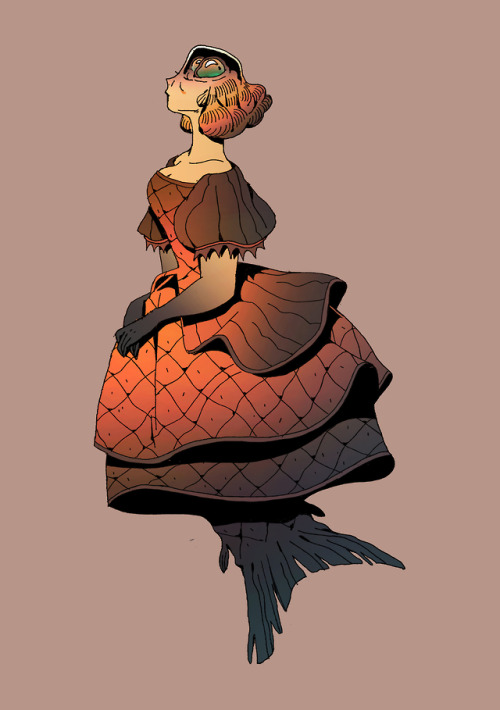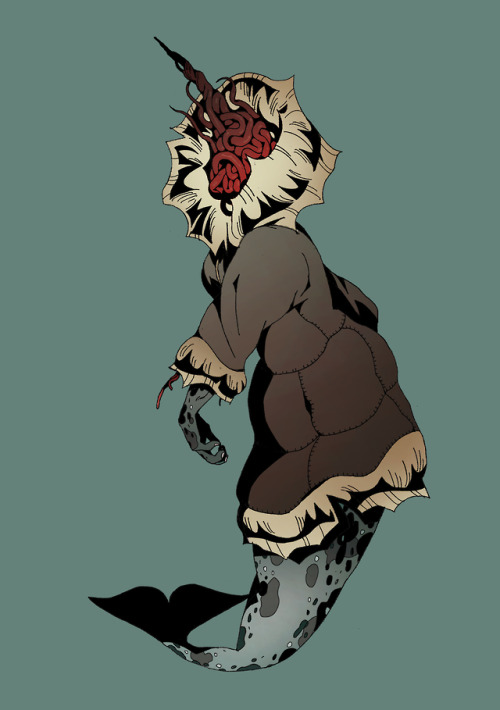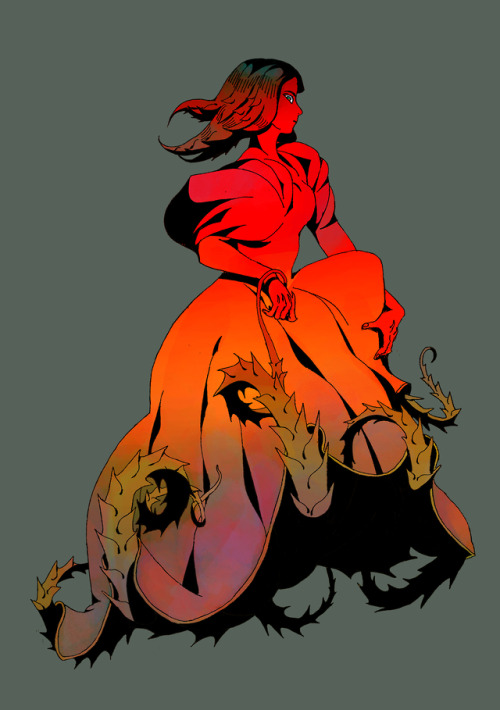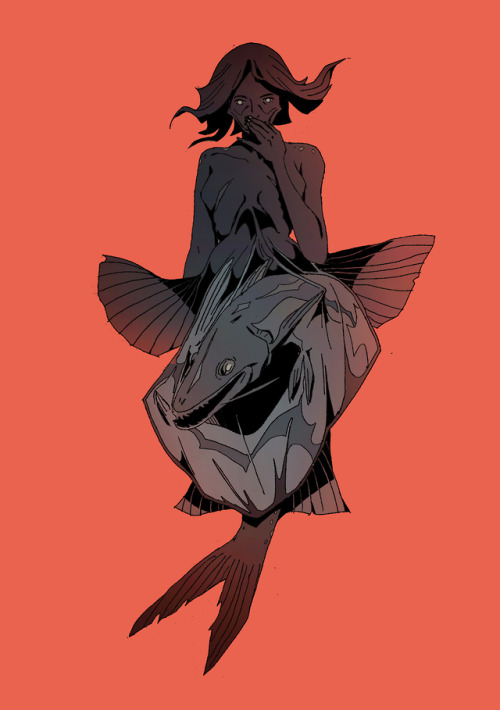Lykak

More Posts from Lykak and Others
how fucked up is it that naruto actually had to be pretty responsible for his age and all the years before that for him to amass a decent amount of savings with this obviously limited budget and how proud naruto was of his savings when having them meant that he definitely had to repress the very natural childish urges to splurge and then jiraiya just shamelessly takes them under a guise of being a responsible adult figure to naruto only to spend an orphans life savings on booze and women but naruto's not even fucking mad because he's a little kid and hes just giddy that an adult is gonna specially train him so jiraiya just gets away with it

friendly reminder to read vicodin on sunday nights
yusuke: hey kuwabara! lets do something later! maybe we could go to the park and ill beat the shit out of u and itll be fun haha
kuwabara, who has experience with male friends other than yusuke and isnt up to getting his ass kicked today: or we could just....play a video game?
yusuke: huh. thats so weird ive never done that shit before but sure ill kick ur ass later then :)
The bad taste gang might come for me over this post, but the fact is that BNHA and MP100 have some overlapping themes, and that’s one of many reasons why they get compared. BNHA’s treatment of those themes is shallow and unwittingly cruel, but is supposed to be read as positive. Meanwhile, MP100 approaches those themes with hope and compassion
Both BNHA and MP100 explore themes of value as an individual and in society—value judgments of who is average, who is extraordinary, and who is inferior. From the very beginning, BNHA asserts that people are not of equal value, but anyone can improve themselves to meet or exceed the average and become valuable and worthy. I don’t like that one bit—it assigns worth to each individual based on their level of mental and physical ability. It seems like a positive message at first glance, but upon further inspection it’s just desolate.
BNHA asserts that if you physically can’t conform to norms, the only acceptable route to happiness is to do the impossible and exceed those norms. MP100 asserts that if you can’t conform, you are still no better or worse than anyone else, and the path to fulfillment is treating yourself and others with respect.
MP100 answers the question of who is worthy and who is not with the idea that nobody is special—not in a positive way, or a negative way. (“If everyone is not special, maybe you can be what you want to be”.) In the end, whether your ability level in one area or another is within the bell curve, or if it’s at the extreme edge of the range of human experiences, you are good enough to value yourself and be valued by others, but you are not superior, either.
What makes Midoriya different from the established norms around him is something that he must change about his nature as a person. What makes Mob different is his powers and his neurodivergence, and while he’s insecure about both of these things and afraid of the way they manifest in combination (reaching 100% and having a meltdown), the narrative shows that those are neutral qualities and he can do whatever he wants with the hand he’s been dealt in life. (“Mob, Mob, What do you want?” “Mob, Mob, whatever you want!”)
Midoriya’s happiness relies on meeting and exceeding the social norms set for his body and future—gaining a quirk and becoming a hero. He has to change to be treated with any respect. But Mob’s happiness relies on learning that it is okay to be who he is.
Another theme is power: in BNHA, the pursuit of power is treated as something noble and admirable. In MP100, power is treated as something that only immature, self-aggrandizing, destructive people seek; or, in Ritsu’s case, power is something that people seek when they feel helpless and unsafe. But that’s another essay unto itself.








“Inosuke! Inosuke! They’ll be bringing our reforged Nichirin Swords soon!”

-
 warlockboyfriends liked this · 4 years ago
warlockboyfriends liked this · 4 years ago -
 elliottsmfan liked this · 4 years ago
elliottsmfan liked this · 4 years ago -
 reinitam liked this · 4 years ago
reinitam liked this · 4 years ago -
 sharktube liked this · 4 years ago
sharktube liked this · 4 years ago -
 disastergayalyssa liked this · 4 years ago
disastergayalyssa liked this · 4 years ago -
 nenostrade liked this · 4 years ago
nenostrade liked this · 4 years ago -
 tsukkiduddde liked this · 4 years ago
tsukkiduddde liked this · 4 years ago -
 fruitfast liked this · 4 years ago
fruitfast liked this · 4 years ago -
 iamathing liked this · 4 years ago
iamathing liked this · 4 years ago -
 shoouryasays liked this · 4 years ago
shoouryasays liked this · 4 years ago -
 hotsaucewhisperer liked this · 4 years ago
hotsaucewhisperer liked this · 4 years ago -
 tittytartare reblogged this · 4 years ago
tittytartare reblogged this · 4 years ago -
 humblyperfect liked this · 4 years ago
humblyperfect liked this · 4 years ago -
 letmiidie liked this · 4 years ago
letmiidie liked this · 4 years ago -
 leoriodilf reblogged this · 4 years ago
leoriodilf reblogged this · 4 years ago -
 gingspandafriend liked this · 4 years ago
gingspandafriend liked this · 4 years ago -
 openzia reblogged this · 4 years ago
openzia reblogged this · 4 years ago -
 openzia liked this · 4 years ago
openzia liked this · 4 years ago -
 kitty748692 liked this · 4 years ago
kitty748692 liked this · 4 years ago -
 pancakemikus liked this · 4 years ago
pancakemikus liked this · 4 years ago -
 jettdrawz liked this · 4 years ago
jettdrawz liked this · 4 years ago -
 yaniedoodles liked this · 4 years ago
yaniedoodles liked this · 4 years ago -
 moiragg liked this · 4 years ago
moiragg liked this · 4 years ago -
 lytni liked this · 4 years ago
lytni liked this · 4 years ago -
 cherrypickedblossoms liked this · 4 years ago
cherrypickedblossoms liked this · 4 years ago -
 so-res liked this · 4 years ago
so-res liked this · 4 years ago -
 enchantingcookiemoneydonkey liked this · 4 years ago
enchantingcookiemoneydonkey liked this · 4 years ago -
 chrollo-tw liked this · 4 years ago
chrollo-tw liked this · 4 years ago -
 shigraki liked this · 4 years ago
shigraki liked this · 4 years ago -
 ilovemanygoods reblogged this · 4 years ago
ilovemanygoods reblogged this · 4 years ago -
 leoriodilf liked this · 4 years ago
leoriodilf liked this · 4 years ago -
 charming-rats liked this · 4 years ago
charming-rats liked this · 4 years ago -
 thiccasscarlosmendoza liked this · 4 years ago
thiccasscarlosmendoza liked this · 4 years ago -
 hwsverse liked this · 4 years ago
hwsverse liked this · 4 years ago -
 yaassshunty liked this · 4 years ago
yaassshunty liked this · 4 years ago -
 nikuis liked this · 4 years ago
nikuis liked this · 4 years ago -
 mobsmadre liked this · 4 years ago
mobsmadre liked this · 4 years ago -
 danny-babe reblogged this · 4 years ago
danny-babe reblogged this · 4 years ago -
 danny-babe liked this · 4 years ago
danny-babe liked this · 4 years ago -
 ra9in3z reblogged this · 4 years ago
ra9in3z reblogged this · 4 years ago -
 ra9in3z liked this · 4 years ago
ra9in3z liked this · 4 years ago -
 caprisunchan reblogged this · 5 years ago
caprisunchan reblogged this · 5 years ago -
 caprisunchan liked this · 5 years ago
caprisunchan liked this · 5 years ago

